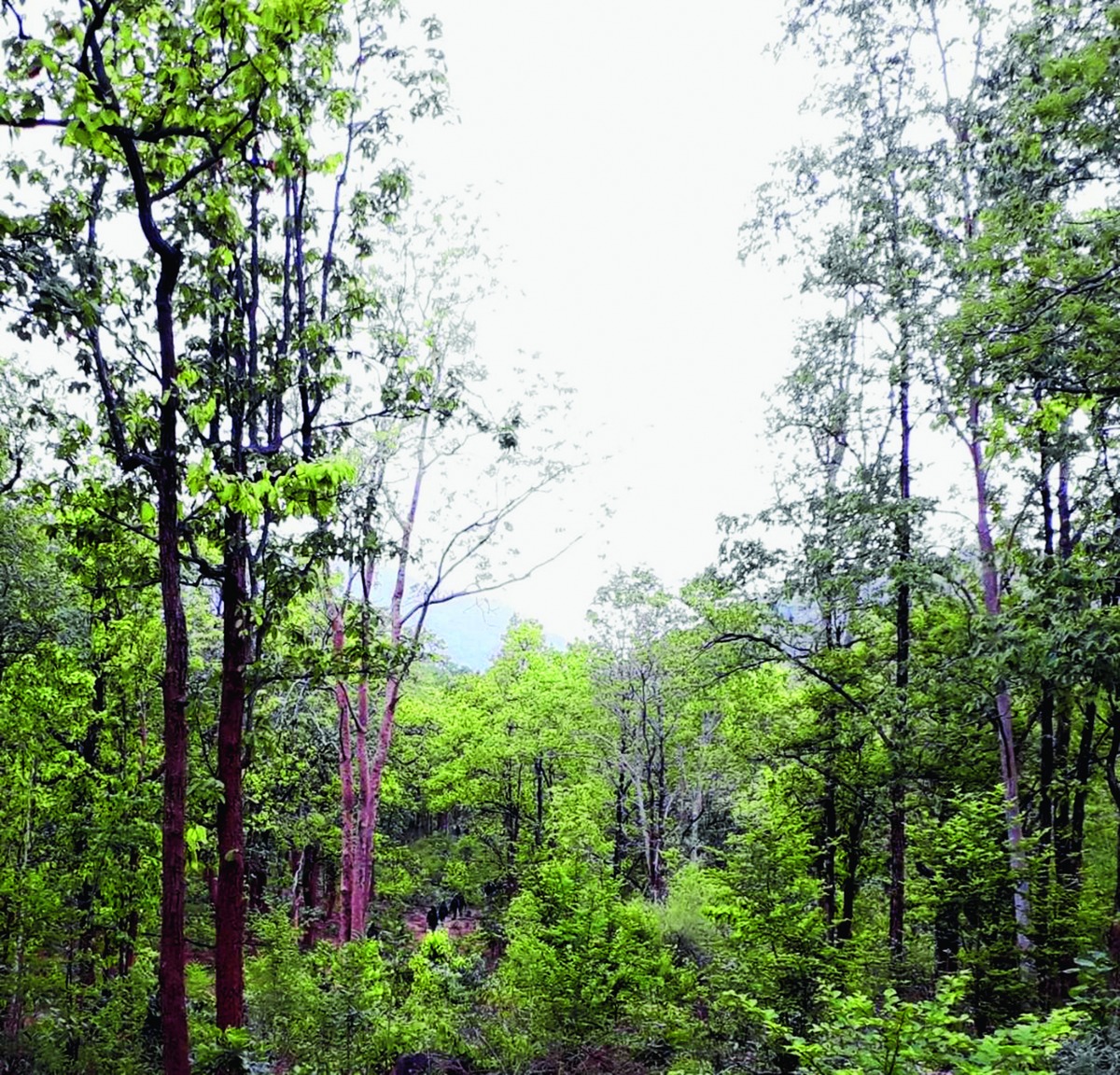
Daltonganj: Two minors from particularly vulnerable Korwa tribe in Burha Pahar area, whom CPI(Maoist) rebels had forcibly taken from their parents in early 2017, managed to escape recently and are now under Garhwa police protection.
The children, a girl aged 14 and a boy aged 12, were captured by Maoists from their hamlets at Jhalu Dera on Burha Pahar sometime around March last year and enslaved for nearly one-and-a-half years.
The children, who are unrelated, told the police they were made to do all kinds of work, from washing dishes and cooking to loading luggage on horses - most parts of Burha Pahar are not motorable - and giving the rebels a massage, without a break. They were barely fed and beaten up regularly, they told the police, Garhwa SP Shivani Tiwary confirmed.
"They worked in inhuman, abusive conditions. The girl has been restored to her parents under police vigil while the boy is with the police," she said, not specifying details of the children's whereabouts for their safety. Maoists are known to hunt down those who escape their clutches.
The district police chief said she was horrified to hear their ordeals under the Maoists. "Let me put this simply. The children were slaves and the Maoists were their masters. They were made to work in barbaric conditions with just enough food to keep them alive. For the sake of security and under POCSO Act, I can't give more details."
She added that the children were in trauma initially, but were now slowly recovering.
The next step, she said, was their education in a state residential school. Garhwa DC Neha Arora will ask the district superintendent of education to make arrangements for the children.
A police officer who did not come on quote said the children told them details of life with the Maoists. "The children told us how Maoists behave like sub-human beings with their captives. But when rebels suffer tragedy or loss, such as deaths of comrades in police encounters, Maoists also cry," he said.
The Korwa tribe of indigenous blacksmiths, identified by their short stature, are among the most poorest groups in the state.










